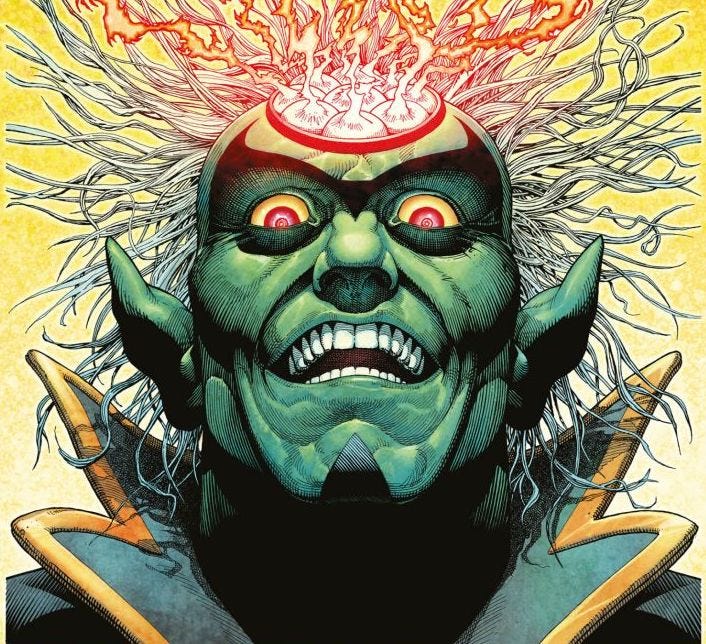My Future Shock Hell! (Chapter 3 of 4)
Why on Earth do you want to write comic books?
In the previous two chapters of My Future Shock Hell! I recalled how I learned that there really is no such thing as ‘breaking in’, as well as how accepting the certainty of rejection can profoundly enable your creativity.
READ: My Future Shock Hell! (Chapter 1 of 4) How I broke into comics and why there's no such thing


